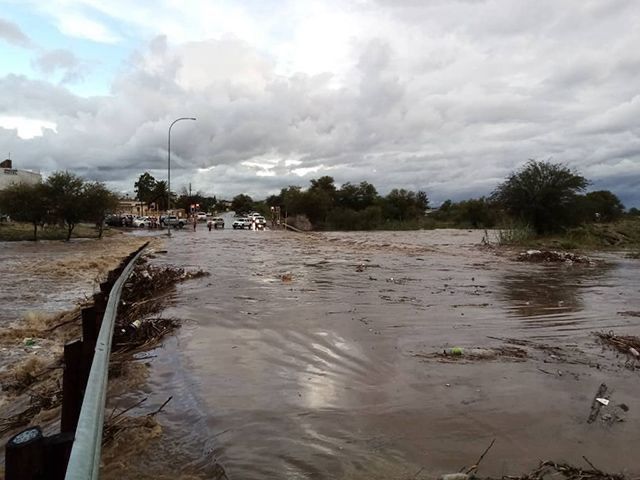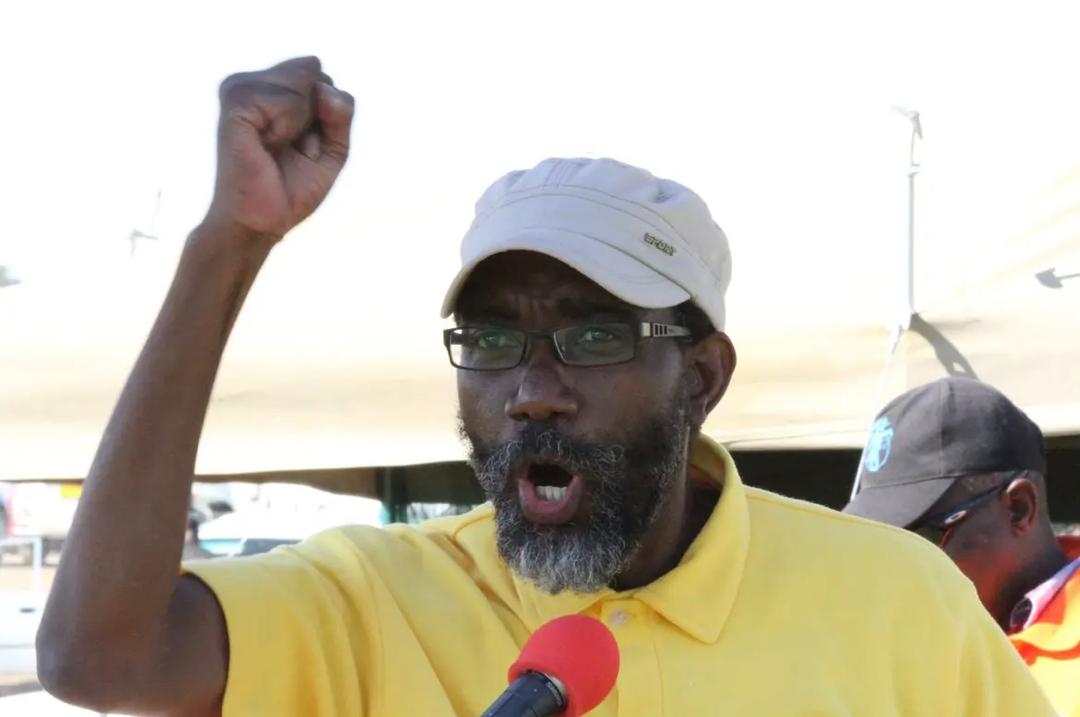A LACK of a well-trained judiciary and prosecutors in environmental law is one of the factors contributing to the environmental rule of law not being enforced and implemented effectively globally.
This is according to Oliver Ruppel, well-known Namibian professor of law at the University of Stellenbosch in South Africa.
Ruppel specialises in environmental law, international economic law and sustainable development law, and is the director of the Development of the Rule of Law programme at the university.
He says lack of political will on the enforcement of environmental law, lack of capacity, and deficiencies in the environmental rule of law were other contributing factors.
The 2019 First Global Report on the Environmental Rule of Law, released by the Nairobi-based UN Environment Programme, found that weak enforcement is a global trend that is exacerbating environmental threats, despite prolific growth in environmental laws and agencies worldwide over the last four decades.
The UN Environment Programme coordinates the organisation’s environmental activities and assists developing countries in implementing environmentally sound policies and practices.
The report said despite a 38-fold increase in environmental laws put in place since 1972, failure to fully implement and enforce these laws is one of the greatest challenges to mitigate climate change, reduce pollution and prevent widespread species and habit loss. The report indicated multiple factors contribute to poor enforcement of environmental rule, including poor coordination across government agencies, weak institutional capacity, lack of access to information, corruption and stifled civic society.
It also noted there is a worrying trend of growing resistance to environmental laws, and this has been most evident in the harassment and arbitrary arrests, threats and killing of defenders of the environment.
Between 2002 and 2013, according to the report, 908 people, including forest rangers, government inspectors and local activists, were killed in 35 countries, while in 2017 alone, 197 environmental defenders were murdered. The report recommended that effective engagement of an informed civic society results in better decision-making by governments, more responsible environmental actions by companies and more effective environmental law.
“Environmental rule of law offers a framework for addressing the gap between environmental laws on the books and in practice, and is key to achieving sustainable development goals,” the report stated.
It added that if human society is to stay within the bounds of critical ecological thresholds, it is imperative that environmental laws are widely understood, respected and enforced, and the benefits of environmental protection are enjoyed by people and the planet.
Stay informed with The Namibian – your source for credible journalism. Get in-depth reporting and opinions for
only N$85 a month. Invest in journalism, invest in democracy –
Subscribe Now!








